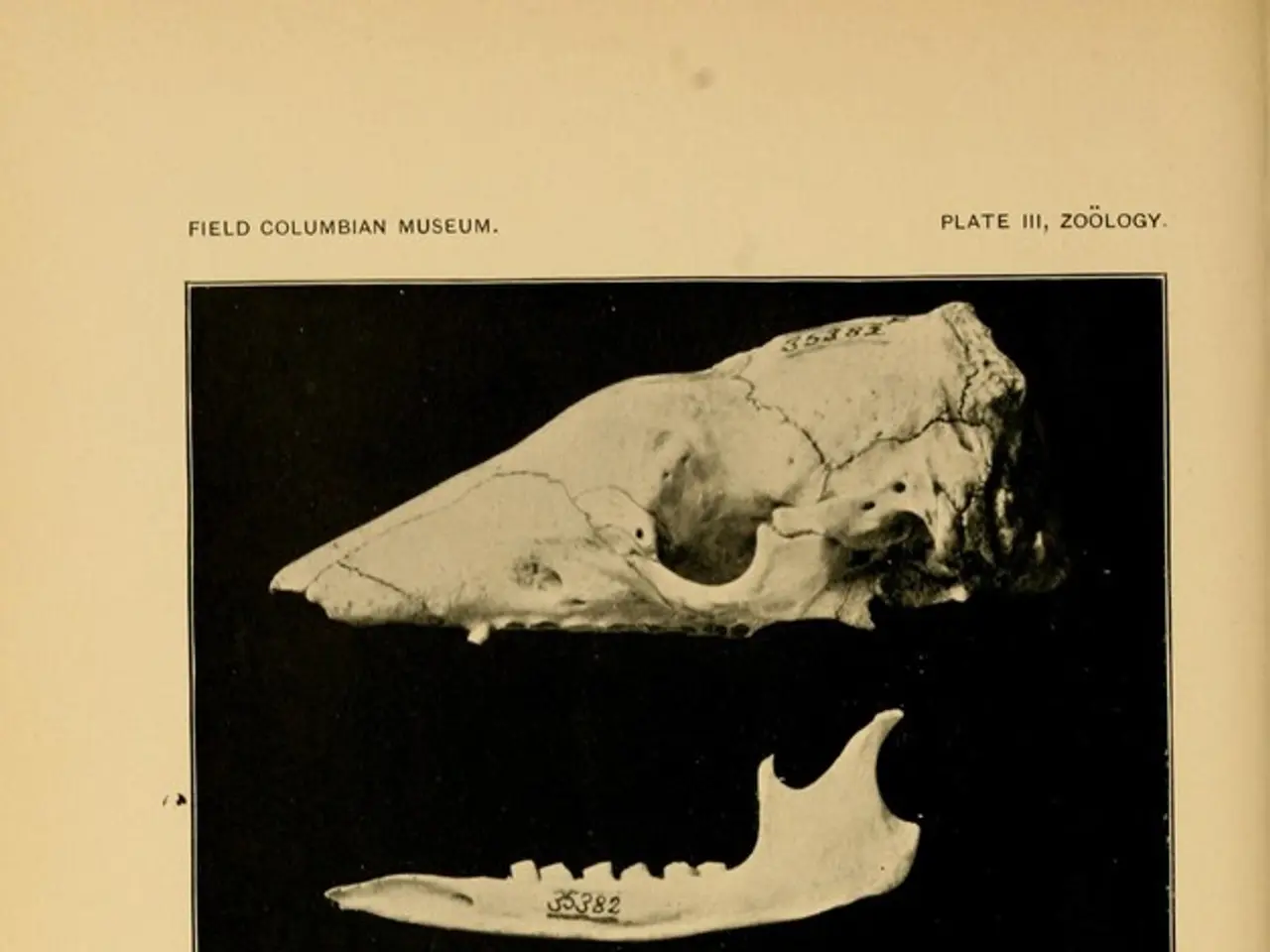A look into Facioscapulohumeral Muscular Dystrophy: an explanation of this neuromuscular disorder affecting the face, shoulder, and upper arm muscles.
Facioscapulohumeral Muscular Dystrophy (FSHD) is a genetic disorder that affects an estimated 1 in 20,000 individuals worldwide. Characterized by progressive muscle weakness and atrophy, FSHD primarily impacts the muscles of the face, shoulder blades, and upper arms, although it can also affect the lower limbs.
FSHD is classified under the ICD-10 code G71.3. The condition is inherited in an autosomal dominant pattern, meaning that only one copy of the mutated gene from an affected parent can cause the disorder in their offspring. There are two main types of FSHD: FSHD1, associated with a deletion of specific DNA sequences on chromosome 4, and FSHD2, linked to mutations in the SMCHD1 gene.
Common symptoms of FSHD include facial weakness, difficulty lifting arms, scapular winging, weakness in arm movements, weakness in the lower limbs, and fatigue. These complications can significantly impact an individual's quality of life, often requiring assistive devices to maintain mobility and independence.
Some common complications of FSHD also include postural changes, respiratory issues, cardiac complications, and psychosocial impact. Adapting one's environment can greatly enhance the quality of life for individuals with FSHD, with modifications such as mobility aids and home modifications being valuable.
Support groups, community resources, healthcare and rehabilitation services, and emotional and psychological support are available to help patients and their families navigate the challenges of FSHD. The FSHD Society, local support groups, online forums, neurologists, physical therapists, occupational therapists, counseling services, support hotlines, and mindfulness and stress management techniques are valuable resources.
Organizations like the German Muscle Society (DGM) and officially recognized patient and self-help groups (DBR, BAGP, DAG SHG, vzbv) provide support for facioscapulohumeral muscular dystrophy patients, including specialized advice and access to aids. Rehabilitation clinics such as Kiliani Klinik Bad Windsheim and Klinik Hoher Meissner also offer disease-specific therapies and patient support.
Physical therapy, occupational therapy, and medications can help manage symptoms and improve the quality of life for those affected by FSHD. Maintaining an active lifestyle is crucial for both physical and mental well-being, with suggestions including participating in adaptive sports and engaging in hobbies.
Emotional and psychological support is essential for managing the emotional impact of FSHD. Options include therapy, support groups, and mindfulness practices. Research is ongoing into gene therapy as a potential treatment for FSHD, with promising avenues including targeted gene editing and myostatin inhibitors.
Living with FSHD can present unique challenges, but many individuals find ways to adapt and thrive by seeking support, making necessary adaptations, and staying engaged. The prognosis for individuals with FSHD varies widely, influenced by factors such as age of onset, severity of symptoms, and access to care. However, with the right resources and support, it is possible to live a fulfilling life with FSHD.
Read also:
- Money allocated, approximately 1.17 million euros, for local nursing conferences
- Leeds set for a healthier future through new collaborative endeavor
- Eight strategies for promoting restful slumber in individuals with hypertrophic cardiomyopathy
- Exploring the Strength of Minimally Digestible Diets: A Roadmap to Gastrointestinal Healing






